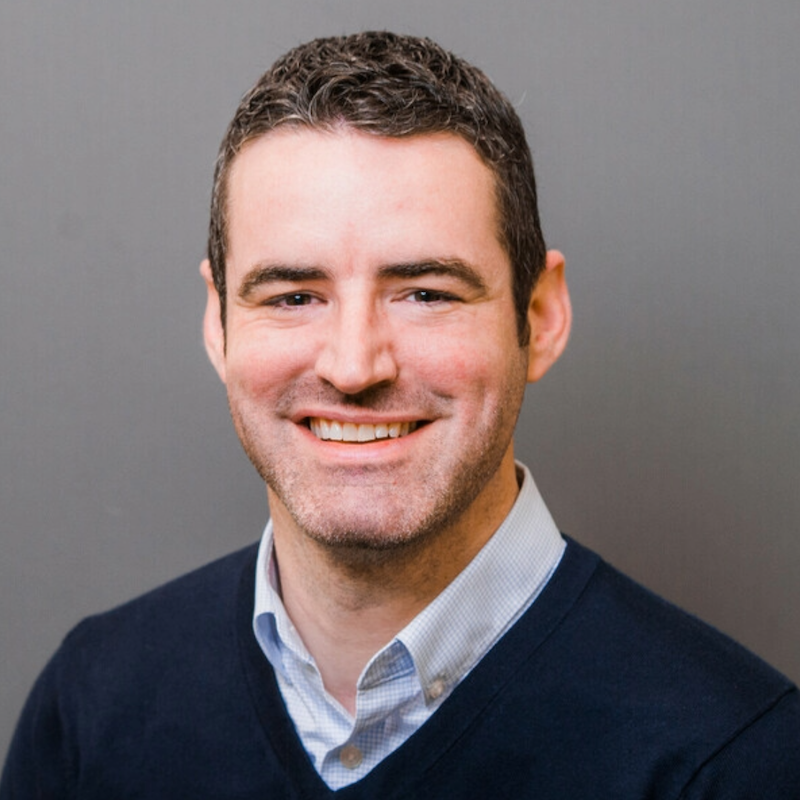UAB Heersink School of Medicine has awarded four grants for the latest round of Multi-Investigator Program (Multi-PI) Awards.
The 2023/2024 Heersink Multi-PI Awards, which are each funded with $150,000 per year for two years, were awarded to the following research investigators:
- Jeremy Day, Ph.D., Department of Neurobiology
- Bradley Yoder, Ph.D., Department of Cell, Development and Integrative Biology
- Nita Limdi, Pharm.D., Ph.D., Department of Neurology
- Martin Young, DPhil, Department of Medicine, Division of Cardiovascular Research
Reduction in opioid use at the center of neurology study
 Jeremy Day, Ph.D., associate professor in the Department of Neurobiology, vice chair for Strategic Planning and Recruitment, and director of the Comprehensive Neuroscience Center, was awarded a Multi-PI Award for his study, “Drug Addiction and Transcriptomics Center (DATC): Biomarkers of an Opioid Responsive Neuronal Ensemble.”
Jeremy Day, Ph.D., associate professor in the Department of Neurobiology, vice chair for Strategic Planning and Recruitment, and director of the Comprehensive Neuroscience Center, was awarded a Multi-PI Award for his study, “Drug Addiction and Transcriptomics Center (DATC): Biomarkers of an Opioid Responsive Neuronal Ensemble.”
Opioid use disorder has long been considered a major health problem, with a call for more effective treatments that reduce opioid use and relapse.
Through this study, Day and his multidisciplinary investigators aim to collect single-cell transcriptomics data from the nucleus accumbens, a key node in the brain reward circuit responsive to opioids, and use this data to identify biomarkers and cell-specific strategies for the development of novel therapeutics for opioid addiction. The data collected from this study will be used to apply for a National Institute of Drug Abuse (NIDA) P30 Center grant, which will provide funding for a core for genomics and bioinformatics and a rodent intravenous drug self-administration behavior core.
Joining Day as investigators are Jasper Heinsbroek, Ph.D., associate professor in the Department of Neurobiology, and Jamie Peters, Ph.D., associate professor in the Department of Neurobiology.
Data from study to provide clarity for birth defects
 Bradley Yoder, Ph.D., professor and chair of the Department of Cell, Developmental and Integrative Biology, was awarded a Multi-PI Award for his study, “Mechanisms of Ciliopathy Associated Structural Defects.”
Bradley Yoder, Ph.D., professor and chair of the Department of Cell, Developmental and Integrative Biology, was awarded a Multi-PI Award for his study, “Mechanisms of Ciliopathy Associated Structural Defects.”
Cilia are structures that contain more than 1,300 proteins involved in their formation and function. If there is a disruption of cilia function during its development, it can lead to severe birth defects.
The study will apply the expertise and tools developed within the UAB Center for Precision Animal Modeling (CPAM) and extend analysis protocols to identify and characterize variants of interest in candidate cilia-related genes from local, regional, national, and international patient variant repositories.
This study will also support definitive diagnoses for patients with cilia-associated birth defects and generate data that can be used to predict potential therapeutic strategies. Yoder’s investigative team will also develop and disseminate patient-relevant animal and cell-based models and novel informatic tool sets for the scientific/clinical communities to facilitate analysis of cilia-related disorders through our assessment, prioritization, and characterization pipeline.
Joining Yoder as investigators for this study will be Elizabeth Worthey, Ph.D., associate professor of the Department of Genetics, Chenbei Chang, Ph.D., professor of the Department of Cell, Developmental and Integrative Biology, and John Parant, Ph.D., professor of the Department of Pharmacology and Toxicology.
Multiple studies aim to further advance technology of genomic risk assessment
 Nita Limdi, PharmD, Ph.D., professor in the Department of Neurology, was awarded a Multi-Pi Award for her study, “Equitable Precision Medicine for Brain Health.”
Nita Limdi, PharmD, Ph.D., professor in the Department of Neurology, was awarded a Multi-Pi Award for her study, “Equitable Precision Medicine for Brain Health.”
Although there have been advances in the understanding of genetic basis of disease risk and drug response, along with advances in technology which enables genomic risk assessment, the implementation of genomic precision is still limited, particularly with underserved and minority patients.
Within Limdi’s study, there will be three pilot studies that optimize medication regimens for patients with ischemic stroke, Alzheimer’s dementia, and those hospitalized for schizophrenia or depression. The studies will be conducted in UAB Hospital over the next two years.
Joining Limdi as investigators for this study will be James Cimino, M.D., distinguished professor and chair of the Department of Biomedical Informatics and Data Science, Richard Shelton, M.D., professor of the Department of Psychiatry, Matthew Macaluso, D.O., professor of the Department of Psychiatry, Toby Gropen, M.D., professor and division director of cerebrovascular disease of the Department of Neurology, Brittney Davis, PharmD, assistant professor of the Department of Neurology, Ekaterina Bakradze, M.D., associate professor of the Department of Neurology, David Geldmacher, M.D., professor of the Department of Neurology, Shuko Harada, M.D., professor of the Department of Pathology, and Craig Mackinnon, M.D., Ph.D., Robert B. Adams Endowed Professor and division director of the Department of Pathology.
Study aims to slow the rate of myocardial infarction
 Martin Young, DPhil, professor in the Department of Medicine and vice division director of Research for the Division of Cardiovascular Research, was awarded a Multi-PI Award for his study, “Synchronization of Intercellular Communication Critically Impacts Myocardial Reperfusion Injury.”
Martin Young, DPhil, professor in the Department of Medicine and vice division director of Research for the Division of Cardiovascular Research, was awarded a Multi-PI Award for his study, “Synchronization of Intercellular Communication Critically Impacts Myocardial Reperfusion Injury.”
Myocardial infarction (MI) represents a significant health burden, with nearly 1.5 million annual cases across the United States. Although advances in procedural interventions have improved survival following MI, incidences of ensuing heart failure have more than doubled over the past 30 years, with mortality rates of nearly 300,000 deaths per year and a five-year survival rate of nearly 50%. Nearly half of the damage to the heart following MI occurs during reperfusion in the cath lab (termed reperfusion injury), which contributes directly to heart failure development.
“Our study seeks to investigate the extent to which circadian clocks within distinct cell types impact ischemia/reperfusion injury, and whether loss of normal cell-cell communication during ischemic heart disease contributes towards clinically relevant pathology,” said Young. “Addressing these concepts requires expertise in chronobiology, ischemic heart disease, and cellular communication, as well as cardiomyocyte, fibroblast, immune cell, and adipocyte biology.”
The anticipated successful completion of this study will not only reveal fundamental mechanisms involved in cell-cell communication but will also highlight circadian synchronization as a viable therapeutic strategy for the prevention of reperfusion injury and heart failure.
Joining Young as investigators for this study will be Min Xie, M.D., assistant professor in the Division of Cardiovascular Disease of the Department of Medicine, Suresh Verma, Ph.D., associate professor in the Division of Cardiovascular Disease of the Department of Medicine, Hind Lal, Ph.D., associate professor in the Division of Cardiovascular Disease of the Department of Medicine, and Yajing Wang, M.D., Ph.D., professor of the Department of Biomedical Engineering.